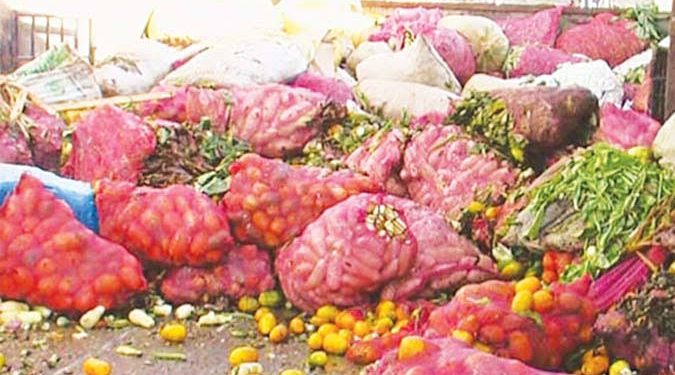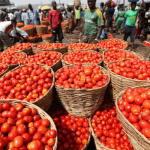Nigeria must urgently invest in at least 5,000 refrigerated trucks and 100 cold rooms, each with a 500-tonne capacity to address its staggering N3.5 trillion annual post-harvest losses, according to the Organisation for Technology Advancement of Cold Chain in West Africa (OTACCWA).
The President of OTACCWA stated that while Nigeria produces about 55 million metric tonnes of food each year, approximately 40 percent is lost due to a lack of adequate cold chain infrastructure. He described the economic impact as severe and worsening, particularly as the country continues to battle food insecurity.
Highlighting the urgent need for investment, he said Nigeria’s current cold storage system is extremely limited. “We have very small, minute cold rooms that don’t scratch the surface. Only imported fish gets any meaningful cold storage,” he said.
He warned that food insecurity will persist unless post-harvest losses are significantly reduced, arguing that cold chain systems are a foundational solution to this challenge. “Without making post-harvest loss a priority, it will be difficult for Nigeria to end food insecurity,” he said.
Cold chain infrastructure—which includes refrigerated storage and transport—ensures that perishable produce such as fruits, vegetables, and proteins remain fresh from farm to market. Its absence means vast quantities of food spoil before they reach consumers.
The association president also identified deep funding gaps and poor awareness as barriers to developing the sector. He noted that banks and investors in Nigeria often do not understand the economic potential of the cold chain industry, making access to credit difficult for businesses and farmers alike.
“Cold chain is wrongly seen as a luxury in agriculture rather than a critical component,” he explained, adding that awareness campaigns are needed to educate farmers, middlemen, and policymakers about the vital role of cold storage in reducing waste and increasing profits.
Logistics weaknesses and poor market linkages are also stalling progress. “Without a continuous cold chain, produce cannot be certified for export. That eliminates Nigeria from international agricultural markets,” he said.
He further blamed fragmented government oversight for the sector’s stagnation. “There’s no clear policy direction. Different agencies have overlapping or unclear roles. Nigeria needs a unified cold chain policy to meet global standards,” he added.
The country’s agricultural structure, dominated by smallholder farmers and informal middlemen, adds complexity. Many middlemen are reluctant to embrace cold storage, fearing disruption to their traditional operations.
Environmental factors such as heat and humidity, combined with irregular production cycles, also make the case for stronger cold infrastructure. Without refrigeration, produce can spoil within hours after harvest, and price volatility from seasonal gluts continues to destabilize markets.
According to OTACCWA, improving cold chain systems would not only reduce waste but also increase the diversity of available foods in Nigeria, enhance food safety, and strengthen the country’s food security.
For Nigeria to move beyond its post-harvest losses and improve food availability, the association insists that the cold chain must be seen not as an optional investment, but as an essential component of agricultural development










